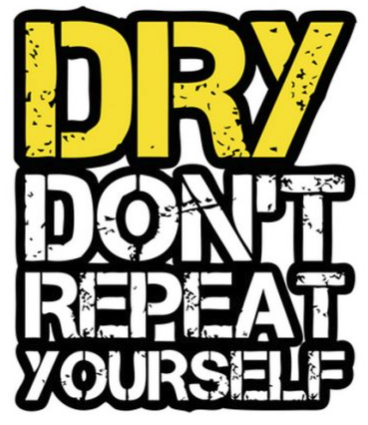
The DRY Principle, which stands for Don't Repeat Yourself is a software development principle that emphasizes the importance of reducing repetition of code and data. The main idea is to avoid duplicating code across a system to improve its maintainability, readability, and reusability. By ensuring that every piece of …
Read More
The KISS Principle, which stands for Keep It Simple, Stupid is a design and software development principle that advocates for simplicity. The main idea behind KISS is that systems and code should be kept as simple as possible to avoid unnecessary complexity. By doing so, the system becomes easier to understand, …
Read More
SOLID principles are a set of five design principles in object-oriented programming and design, introduced by Robert C. Martin (often known as "Uncle Bob"). These principles aim to make software designs more understandable, flexible, and maintainable. SOLID is an acronym that stands for: S - Single …
Read More
The WET Principle, which stands for Write Everything Twice or We Enjoy Typing is often seen as the opposite of the DRY (Don't Repeat Yourself) principle. While DRY focuses on minimizing code duplication to reduce redundancy and maintenance effort, the WET principle suggests that some level of repetition or redundancy …
Read More
The YAGNI Principle stands for You Aren't Gonna Need It. It is a software development principle that suggests you should not add functionality or features until they are necessary. YAGNI is a key principle of agile development and is often used in conjunction with other practices like Extreme Programming (XP) and Lean …
Read More